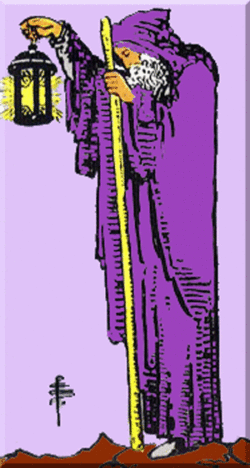
Letter to the EdgeScience Editor about “Harnessing the Paranormal Community”,
(EdgeSceince is a publication of the Society for Scientific Exploration)
I wish to emphasize some of the points Loyd Auerbach made in “Harnessing the ‘Paranormal Community’” (Edgescience #14). Auerbach is eminently qualified to discuss the amateur paranormal community and his perspective is one from which observers can benefit. I wish to reinforce his points from the perspective of Instrumental TransCommunication (ITC), especially Electronic Voice Phenomena or EVP.
EVP is an often-reported phenomenon which has been studied for over fifty years. Amongst the phenomena ostensibly considered to be trans-etheric influences, the objectivity of EVP is arguably the best understood. Examples are able to be produced on demand by confident practitioners and the results can be measured in terms of physical waveforms, allophone distribution and message content with a typical 20-to-25% agreement for what is heard amongst listeners for Class A examples. These characteristics have made the use of an audio recorder to possibly record the voice of the “local ghost” an important technique in hauntings investigation.
Whether or not EVP are evidence of survived personality or just caused by the thoughts of the practitioner need not be addressed for the anomalous voices to be useful for research. The paranormality of EVP is well established, and as such, study of EVP necessarily includes study of psi and human potential. Conversely, the study of EVP should provide an alternative way to study psi, making it something of a “lab rat” for paranormal research.
If ghost hunter groups are thought of as clubs enjoying the search for ghosts as an excuse for getting together on an outing, then hauntings investigation groups might be thought of as groups that enjoy the club-like camaraderie, but which are intent on serious study of haunting events which lead to well-documented reports and potential assistance for distressed home owners. So, as a general statement, ghost hunter activities and related television programs are for entertainment only and should not be considered a source of useful information for research. In this regard, a ridiculous rendition of an investigation portrayed on television should not result in the blanket condemnation of the larger community any more than should a silly sci-fi program produce blanket condemnation of the mainstream scientific community. Presumably viewers are smarter than that.
Even though there are substantial differences between recreational ghost hunting and serious investigation of supposedly haunted places, both groups are generally discounted by the more academically trained paranormal community. This has produced something of a vacuum of leadership which has forced the less well trained paranormalists to their own devices. The result is less than academic-quality research and reporting, and the isolation of a very valuable research capability from researchers who are trained, but lack access to the necessary practitioners. As I read Auerbach’s essay, his core argument is that more can be done to rectify this.
In a few rare instances, parapsychologists have embedded themselves with hauntings investigation groups to produce important research. However, in other cases, parapsychologists have used erroneous assumptions and paid students as practitioners, resulting in poorly designed protocols with even less credible results. While anyone might experience phenomena, not everyone is able to induce phenomena on demand. Many ghost hunting groups, and certainly hauntings investigation groups have people who are knowledgeable about the phenomena and highly qualified practitioners.
From my experience, neither the amateur paranormalists or the academically trained parapsychologists have the wherewithal to study these phenomena without the help of the other. In a perfect community, parapsychologists would seek to work with the groups who are at the forefront of this study to provide guidance, best practices, advice and assistance in publishing results for the “citizen scientist.”
As an effort to develop a coherent point of view for this community, the Association TransCommunication is establishing a Collective, which is a wiki intended to help people collaborate in the development of best practices. One such practice concerns a methodology by which an individual can become “self-certified” as a practitioner for EVP. If encouraged to become thus qualified to reliably collect EVP, it would be possible to establish a list of research practitioners for study of any of the phenomena related to transcommunication and psi functioning. For instance, if a researcher wished to develop a methodology to shield from psi, a practitioner, who on average expects to record at least a Class A or B example fifty percent of the time should not be able to record any EVP in a psi-shielded chamber. While statistical analysis is generally inappropriate for transcommunication research, there is much to be said about the benefits of having an expectation of induced phenomena.
Amateur paranormalists are, as a group, intelligent and dedicated to objective understanding of these phenomena; however, they lack the training one expects of a proper scientist and have virtually no supporting infrastructure of research libraries and peer-reviewed journals enjoyed by the academic community. Both groups are important resources in our efforts to understand the greater reality yet both are currently wasted from the perspective of survival research. It would be good if Loyd Auerbach’s essay can begin a discussion about how parapsychologists might cooperate with citizen scientists.
Tom Butler
Director, Association TransCommunication
ATransC.org
![]()
